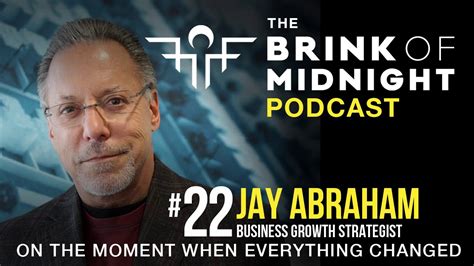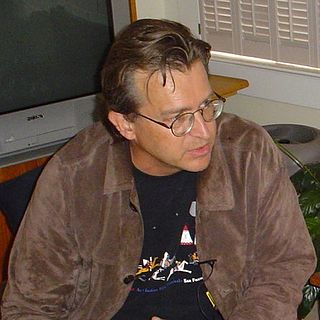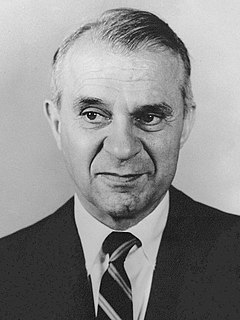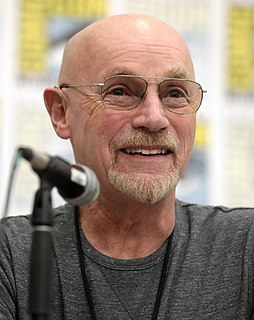A Quote by Adam McKay
Michael Lewis has the amazing ability to take complex formulas and concepts and turn them into page-turners.
Related Quotes
Every morning I'd have coffee with my wife and we would discuss ideas. Sixty percent of what I did for the stores was concepts. The other forty percent was correcting and cleaning up other concepts in house, or doing final art on my concepts. Most of my concepts were so finished they could turn them over to somebody else.
No one reads to hear someone complain about the weather or how poorly their children are behaving. You have to give the readers a reason to turn the page. As a writer you have to invite someone to turn the page. And that is a skill you have to refine. That is why you have to read. You have to read to learn what it is that makes people turn the page.
When you're reading a newspaper and you're seeing ads on the page, it's not kind of invasive. Like, it's on the page next to the article. You can look at it or not. You can turn the page when you're ready. On the internet, the ads - many of the ads - just are so controlling. They insist that you see them.
You need to give the reader a reason to turn the page. In a diary, you are just yourself. You aren't trying to entertain. You aren't trying to get anyone to turn the page. I have over one hundred and fifty six volumes of my diary and I guarantee you that if you read them, you'd stop and never come back.





































